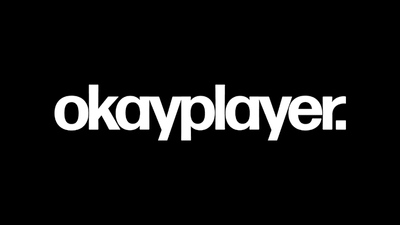China's Music Industry Responds To Government Banning Hip-Hop
Last month came reports of China's state media regulator, the State Administration of Press, Publication, Radio, Film and Television of the People's Republic of China (SAPPRFT), banning hip-hop culture and actors with tattoos from appearing on television.
READ: 'Tasteless, Vulgar, And Obscene': China Bans Hip-Hop Culture From National Television
Now, China's music industry has spoken on the ban and the effect it's having on hip-hop in the country.
"This ban is more about allowing hip-hop to be on mainstream platforms," Alan Hsia, co-founder of Taiwan-based dance music agency LOOP Inc., said to Billboard. "It seems like hip-hop culture influenced mainstream culture [in China] too big and too fast."
Other members of China's music industry also point to hip-hop's success in mainstream Chinese media, as well as on television, as what contributed to the ban, with TV shows such as Rap in China specifically being targeted.
"This move is individual, [aimed] particularly at those artists who happened to emerge from Rap of China, meaning PG One and Gai, to name a few," Beijing-based pop producer Billy Koh said.
"From the government's perspective, these rappers were quickly becoming major pop celebrities, and celebrities at that level are supposed to self-censor and be good role models, upholding Chinese/Communist values," Marcus Rowland, head of A&R for the Beijing-based music-services company Outdustry, added. "This ban is the government saying what most of us always knew: that the government sees hip-hop as part of low-level society and not appropriate for mainstream audiences."
However, some members of China's music industry see the ban as beneficial.
"The government is flexing its muscle to guide hip-hop in China to project positivity while filtering out the negativity," Stephen Dowler, director of the independent dance music streaming service DianYinTai, said. "The government is definitely not trying to suppress hip-hop... Filtration, not suppression, I think, is the operative term."
Through the ban, members of the industry hope that it encourages hip-hop artists to make organic fan bases and build underground communities, instead of relying on mainstream platforms.
"This is a temporary setback but by no means will hip-hop be eradicated from China," Dowler said. "It's still stronger than ever and the community will adapt how it needs to in China to press forward."
Source: Billboard
